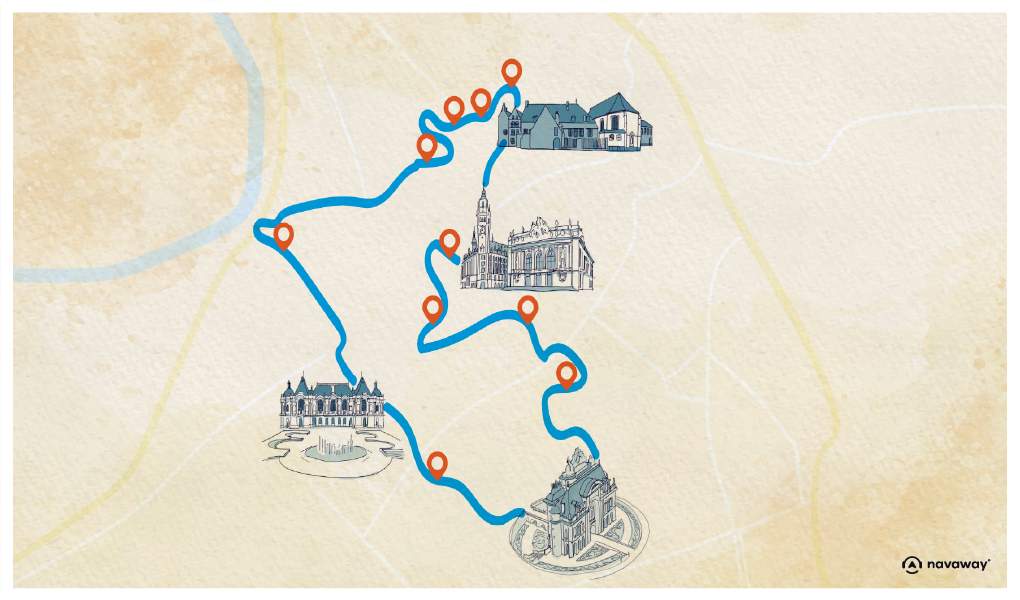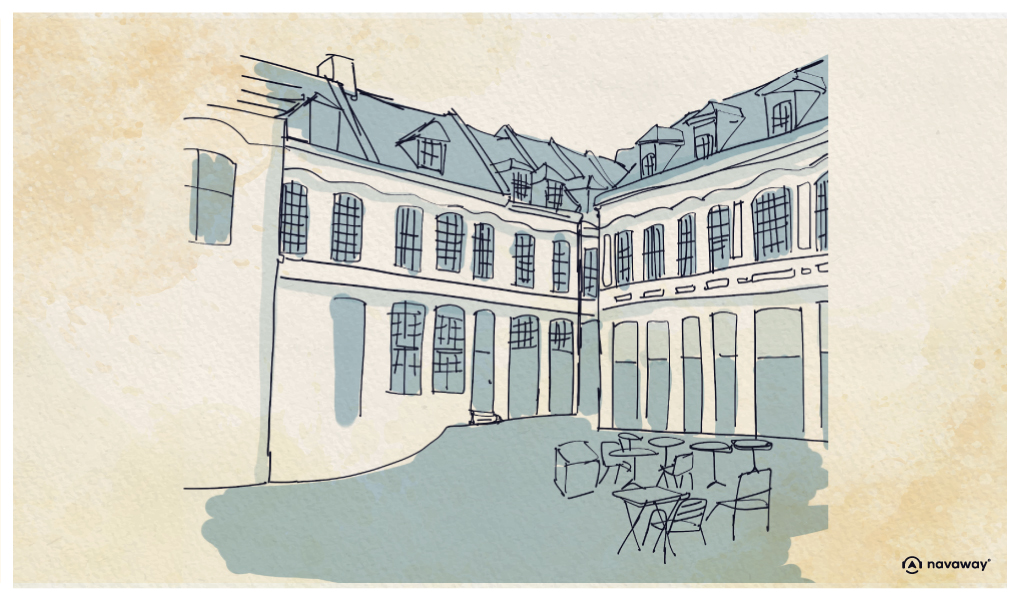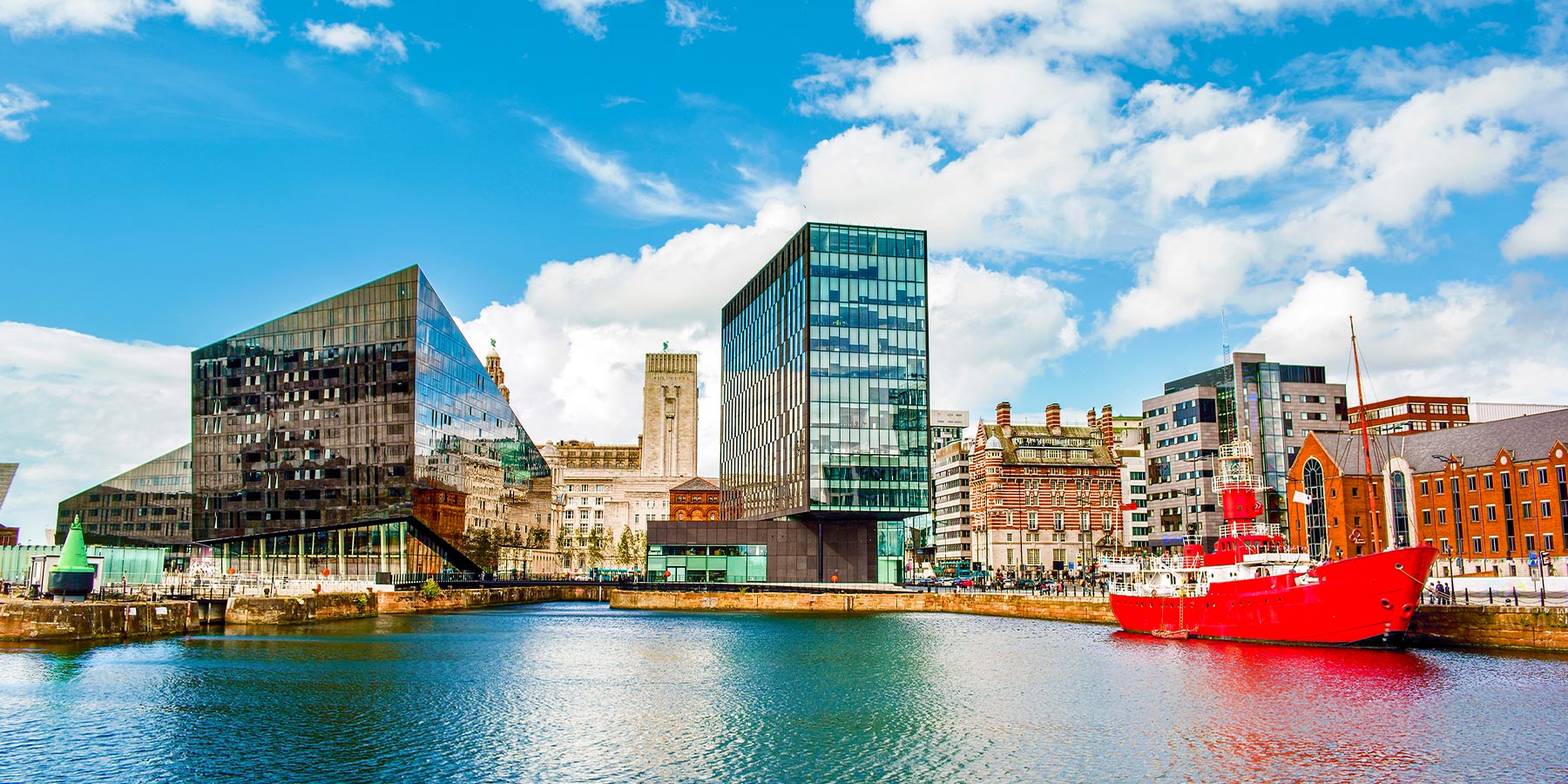
Onions square

This point of interest is available as audio on the tour: Visit Lille, The capital of Flandres
This picturesque square, often described as the prettiest in the city, was not the site of a vast onion market, but of a dungeon whose Latin name, dominium, turned. into dominion and later onions. In the 18th century, the houses around the square were at first inhabited by weavers, then known as sayetteurs. They set up their looms in the cellars, where the ambiant humidity was essential for their work. With the advent of industrialisation, the sayetteurs gradually disappeared and the square became home to workers from neighboring factories. However charming and welcoming it may have been, for many years the place was a symbol of great poverty, uncleanliness and a real rip-off. The author of “La rue au Péterinck”, Gérard d’Orgeville, wrote that the ruined shacks were standing only because they supported each other. In the courtyards there was only one toilet for 6 to 7 families. In the early 1920s, miners lived in the overcrowded houses, followed by immigrants from Portugal and North Africa. In 1967, there was a lot of indecision between demolishing everything or restoring everything. Nevertheless, the Place aux Oignons is part of Lille’s heritage, and it was included in the protected area of Lille, a vast preserved perimeter called the ‘Remarkable Heritage Site.’ The city thus undertook a profound restoration, rebuilding the houses identically between 1985 and 1990. Today, the square is surrounded by bars and restaurants, and is now experiencing a new chapter in its history


Discover Lille with app
An interactive guide through the most beautiful streets, squares, and districts
22 fun audioguides full of historical facts, anecdotes, and legends





Comments